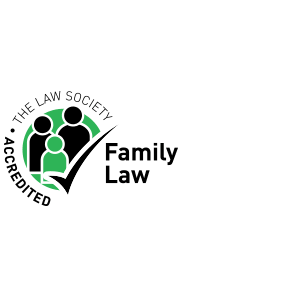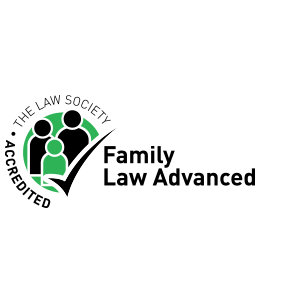- Hounslow 020 8814 7599
- Slough 01753 303 631
- Twickenham 020 8814 9989
Discrimination at Work
The Equality Act 2010 outlaws discrimination in employment as well as in other areas such as in access to education and in public and private services. In employment, it is unlawful for the employer to discriminate against the employee because they have one of the protected characteristics which are: age; disability; gender reassignment; marriage and civil partnership; race; religion or belief; sex; and sexual orientation.
Discrimination is unlawful when the employer is hiring the employee, in the terms and conditions of the contract of employment that are offered to the employee or any other kind of detriment. Any dismissal because of discrimination is automatically unfair and entitles the employee to bring a claim regardless of how long they have worked for the employer.
Direct Discrimination
Direct discrimination is where the employer treats the employee less favourably than another employee (the comparator who can be either another actual or hypothetical employee at the same company) who does not have the protected characteristic. For example, where the employer refuses the employee a promotion because the employee is female. Direct discrimination is always unlawful with the exception of age discrimination but only where there is a legitimate business justification such as a policy of giving long-serving employees additional holiday entitlement as a proportionate means of encouraging staff loyalty to the company. Further, there is an exception for “occupational requirements” such as where a young male actor is needed to play the role of male teenager in a film.
Indirect Discrimination
Indirect discrimination is where the employer applies a seemingly neutral policy, criterion or practice to their workplace which affects all the employees equally, but which has a disparate impact on a proportion of employees with a protected characteristic. Indirect discrimination is also unlawful unless it can be objectively justified by the employer. An example would be requiring employees to work late on a Friday evening when some employees would want to be home before sunset to observe their religion. This requirement would not constitute unlawful indirect discrimination if it meets a legitimate business aim and there is no alternative means available to the employer.
Contact our discrimination solicitors in West London
For friendly expert help navigating all of the legal issues involved in discrimunation, please get in touch with our employment lawyers in Hounslow, Slough or Twickenham or use the contact form on the right to get in touch.















